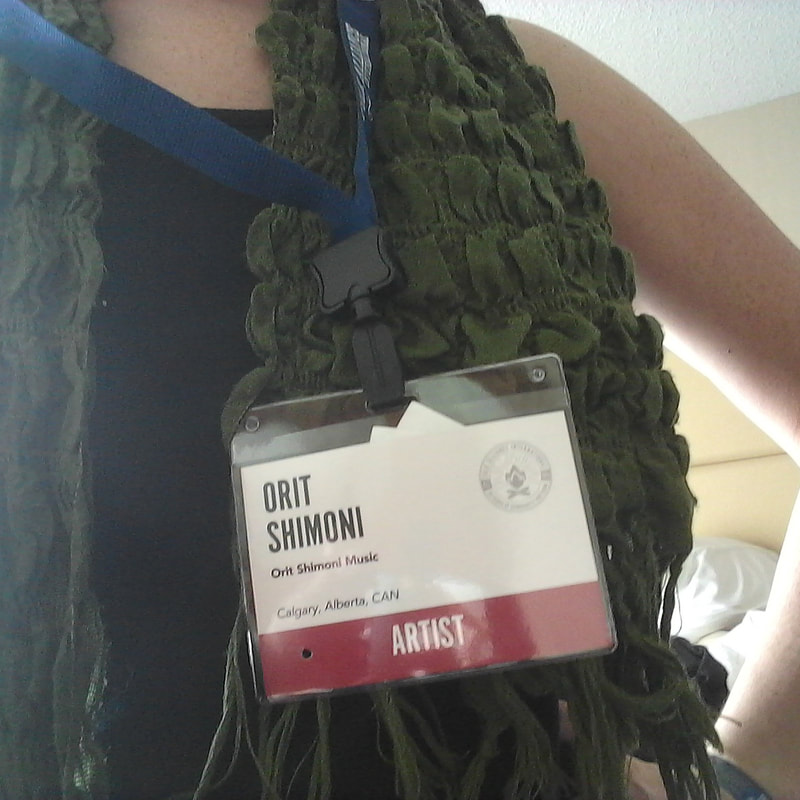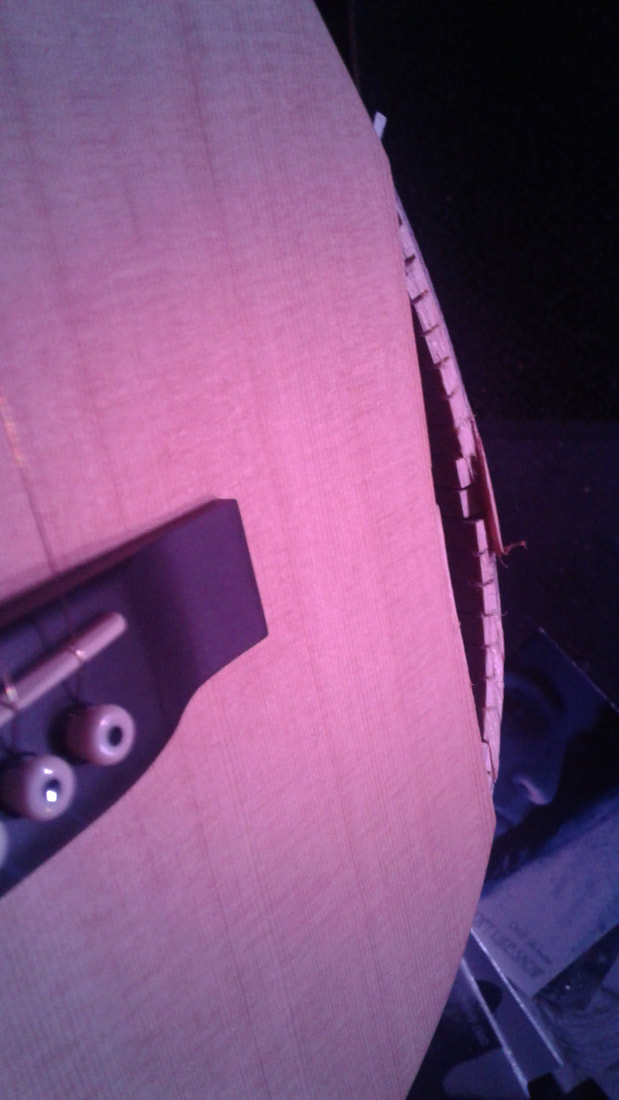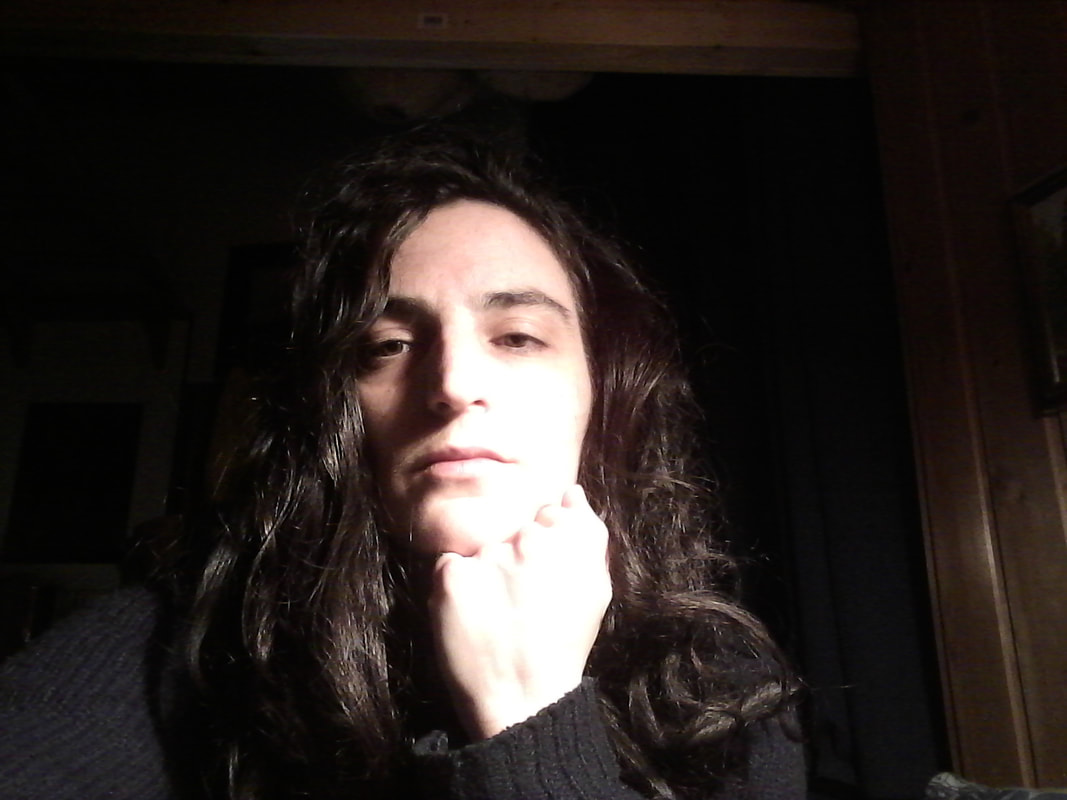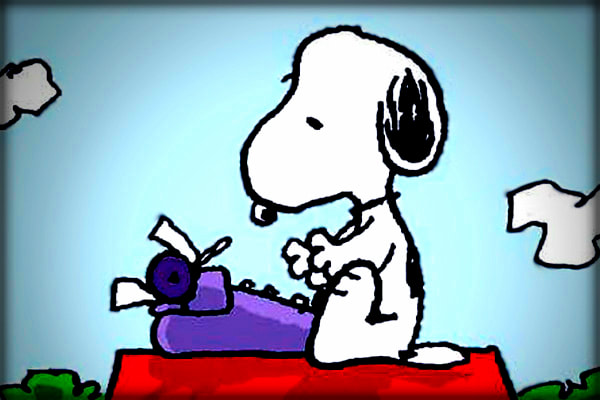And then the very next night, standing at the sunset beach of Nairn, the northern most point of the tour, (where it doesn’t get dark all the way at night this time of year,) after a campfire and good company, I stood to look at the water and both cried and laughed. How does one hold on to eternity? How does one hold on to immense experience of intense encounters? One can’t. At least not all of it and not forever. I can continue to attempt to put everything into song, but I can’t hold all of it. And then I too will be gone one day. And perhaps ALL of this will be too. To face time like that, it made me both laugh and cry.
Right then. How do you sum up something so incredible? The word EPIC comes to mind, and though it’s used way too often, which renders it less potent a word, it really is the best word for it, three weeks of a very unique adventure journey that felt worthy of Homerian verse, with mythical-seeming characters, ancient landscapes and castles, and of course, a chariot/caravan/camper called The Moose.
One thing I didn’t expect going into this UK tour was being reminded of a huge part of my identity’s origins. My birthplace was Oxford, England, and I lived there until I was three, so maybe that has something to do with the profound feeling of a homecoming, in the details of certain sights, smells and flavours, (biscuits, Ribena, and cucumber face lotion from Boots to name a few), or maybe it’s just the fact that touring my music in the UK has been something I’ve wanted to do for so long and now I finally did - there is deep satisfaction in that, to be sure. But I think it has more to do with a way-deeper-than-I-realised cultural inheritance I’ve been walking around with this whole time, only to have it awoken and invoked into a more heightened consciousness. From Shakespeare, to Monty Python, to Scottish comedians I’ve liked, to the ubiquity of good black tea, to the folk songs I’ve loved and known through phases of my musical soul-searching (Rob mentioned that the heathers start to bloom later in August, and my brain immediately sang “All around the blooming heather, will you go lassie go,”; My friend put “Caledonia” on a mix-tape for me when I first left home at seventeen and it still makes me cry whenever I hear it, and one of my most significant relationships, which also shaped my musical tastes profoundly, introduced me to Dick Gaughan,) maybe it’s the connection to the war, which everyone in the UK still talks about, and the ancientness of the stones here, which reminds me of the ancientness of Jerusalem where I also have roots. All I know is that I can’t remember feeling this kind of profound internal reshuffling caused by external landscapes and sounds and accents and smiling faces, enhanced by the very warm reception me and my songs have received here. Add to that the ridiculous amount of side-splitting laugher I have gotten to share with Rob Ellen and Hamish Roberts in the caravan, this was a indeed an adventure of epic proportions.
You have got me by the heart and soul, UK, new friends and landscapes. I don’t know how to come down from this except for to continue in my work and make sure I return again. So for now, I wish you all great love and give you my most heartfelt thanks. Rob Ellen, you are a legend and a delight of a music-loving man, Hamish Roberts, you are an exquisite and humble talent, a good friend and a keen, intelligent, and sensitive human being. I feel blessed beyond words. Thank you for sharing yourselves and this chapter of road with me.
And if any of you are in Montreal, I am playing a show at Grumpy’s Bar tonight.
With so much love for all of you, dear friends,
Orit
#MyRoadLife






 RSS Feed
RSS Feed
